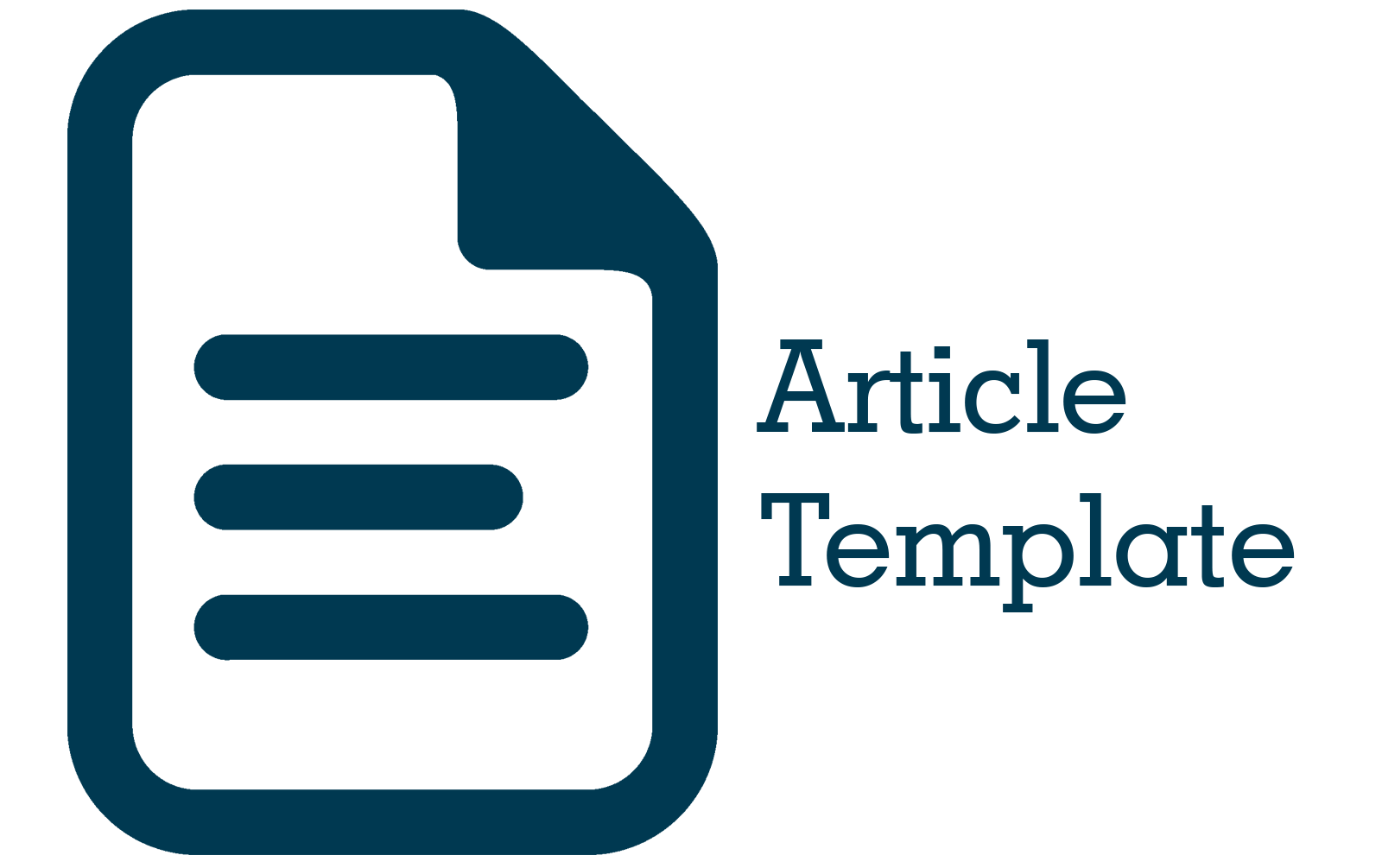Reduksi Waste dan Peningkatan Kualitas pada Proses Produksi Teh Celup Walini dengan Menggunakan Metode Lean Six Sigma
Abstract
Abstract. PT. Perkebunan Nusantara VIII (PTPN VIII) is a state-owned company operating in the tea industry. One of the products produced is Walini Tea Bags with various flavor variants. The high demand for Walini Tea Bags means that companies need to make efforts to improve the quality of the products produced. This research was conducted at the PTPN VIII Downstream Tea Industry (IHT) to be able to identify and analyze problems that occur and provide suggestions for improvements that can improve product quality and reduce waste in the Walini Tea Bag production process.This research uses the lean six sigma approach with the DMAIC stages (Define, Measure, Analyze, Improve, Control). The define stage is identifying the types of waste that occur in the Walini Tea Bag production process. The measure stage is measuring process efficiency and also the level of company capability. The analyze stage is analyzing the factors that influence the occurrence of waste. The improve stage is to provide recommendations for improvement based on the results of the root cause analysis of the problem.Based on the research results, it was found that the most dominant type of waste was defect waste, followed by waiting and transportation waste. There are several types of waste defects (defects) that occur in Walini Tea Bag products, namely tea tag defects not sticking to the thread, broken thread defects in semi-finished goods, thread defects that do not break (twisted), and leaking tea bag sealer defects. This waste is caused by several factors such as human factors, machines, methods, materials and the environment. The efficiency value of the Walini Tea Bag production process at IHT PTPN VIII is 43.28% and the company's sigma level value is 3.83. Several recommendations for improvement are given that can increase the process efficiency value to 46.17% and the sigma level value to 3.92.
Abstrak. PT. Perkebunan Nusantara VIII (PTPN VIII) merupakan perusahaan BUMN yang bergerak di bidang industri teh. Salah satu produk yang dihasilkan yaitu Teh Celup Walini dengan berbagai varian rasa. Tingginya permintaan Teh Celup Walini membuat perusahaan perlu melakukan upaya untuk meningkatkan kualitas dari produk yang dihasilkan. Penelitian ini dilakukan di Industri Hilir Teh (IHT) PTPN VIII untuk dapat mengidentifikasi dan menganalisis permasalahan yang terjadi serta memberikan usulan perbaikan yang dapat meningkatkan kualitas produk dan mengurangi pemborosan (waste) pada proses produksi Teh Celup Walini. Penelitian ini menggunakan pendekatan lean six sigma dengan tahapan DMAIC (Define, Measure, Analyze, Improve, Control). Tahapan define yaitu mengidentifikasi jenis-jenis pemborosan yang terjadi pada proses produksi Teh Celup Walini. Tahapan measure yaitu pengukuran terhadap efisiensi proses dan juga tingkat kapabilitas perusahaan. Tahapan analyze yaitu menganalisis faktor-faktor yang mempengaruhi terjadinya pemborosan. Tahapan improve yaitu memberikan rekomendasi perbaikan berdasarkan hasil analisis akar penyebab permasalahan. Berdasarkan hasil penelitian didapatkan bahwa jenis pemborosan yang paling dominan terjadi adalah waste defect (cacat) yang diikuti dengan waste menunggu dan transportasi. Waste defect (cacat) yang terjadi pada produk Teh Celup Walini memiliki beberapa jenis yaitu defect tea tag tidak menempel pada benang, defect benang putus pada barang setengah jadi, defect benang tidak putus (terlilit), dan defect sealer tea bag bocor. Waste tersebut disebabkan oleh beberapa faktor seperti faktor manusia, mesin, metode, material dan lingkungan. Nilai efisiensi proses produksi Teh Celup Walini di IHT PTPN VIII sebesar 43,28% dan nilai level sigma perusahaan sebesar 3,83. Diberikan beberapa rekomendasi perbaikan yang dapat meningkatkan nilai efisiensi proses menjadi 46,17% dan nilai level sigma menjadi 3,92.
References
2. Rother, M. dan Shock, J. (2003). Learning to see: value stream mapping to create value and eliminate muda. Cambridge: Lean Enterprise Institute.
3. Gaspersz, V., 2006. Lean six sigma for manufacturing and service industries. Jakarta: Gramedia Pustaka Utama.
4. Voehl, F., Harrington, H. J., Mignosa, C., dan Charron, R. (2013). The lean six sigma black belt handbook: Tools and methods for process acceleration. New York: A Productivity Press.











